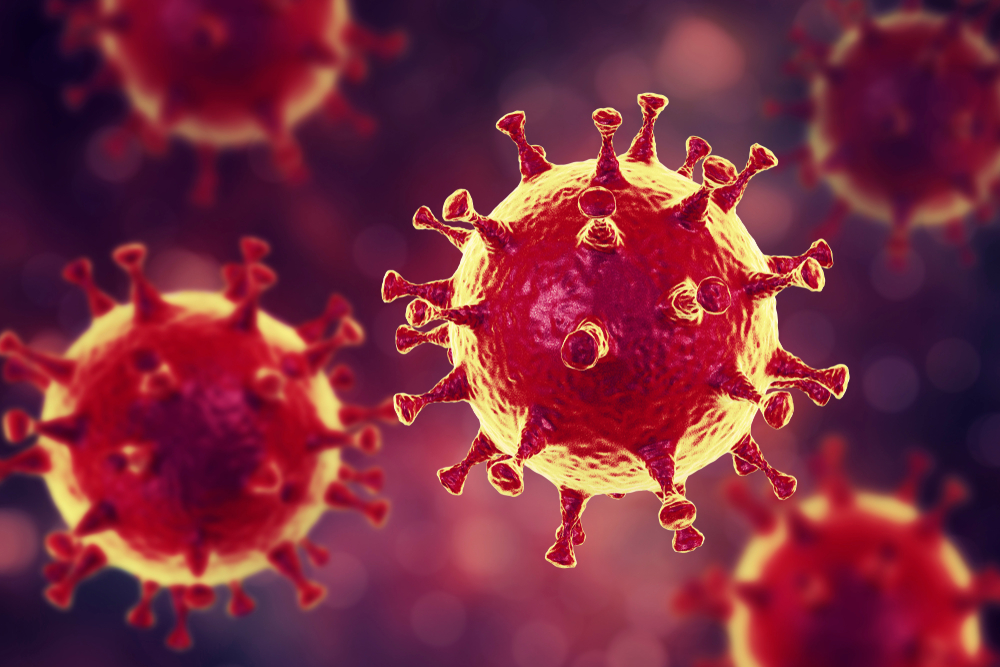
A study conducted by the Walter Reed Army Institute of Research (WRAIR) Clinical Trials Center reveals that a new vaccine for Middle East respiratory syndrome coronavirus (MERS CoV) may be viable for human use.
Developed by GeneOne Life Science Inc. and Inovio Pharmaceuticals, the vaccine candidate is the first of its kind to be tested in humans. Previously, such candidates have been tested for use in camels, the suspected source of the MERS-causing virus. MERS is a severe respiratory disease first identified in Saudi Arabia in 2012. Since then, it has infected more than 2,200 people, and no licensed vaccines or treatments for it exist on the market.
In all, 75 adults tested various doses of the new vaccine and were studied for up to one year after their last vaccination.
None of the volunteers displayed any significant side effects, and more than 85 percent of them exhibited immune responses after two vaccinations, a response which they maintained throughout the study. In this way, they were similar to the response of natural survivors of MERS CoV infections.
“The world witnessed the emergence and devastation of SARS in 2002 and then MERS ten years later. MERS hasn’t gone away, and there’s every indication that the family of viruses to which SARS and MERS belong, coronaviruses, are here to stay,” said Dr. Kayvon Modjarrad, director of WRAIR’s Emerging Infectious Diseases Branch, the principal investigator of the study and first author on the publication. “Military personnel are at particular risk for MERS, given the deployments to the Middle East and South Korea where the largest MERS outbreaks have occurred. This study is, therefore, an important advancement for the U.S. Army, the military community as a whole and global stakeholders in the research and development of both MERS and corona virus countermeasures.”
The vaccine is a DNA-based candidate, which offers rapid design and production potential. Following the success of this trial, a second Phase 1 trial will be conducted in South Korea and a Phase 2 study in the Middle East.
The study was funded by the U.S. Department of the Army and GeneOne Life Science, Inc. Its results were published in The Lancet Infectious Diseases.




